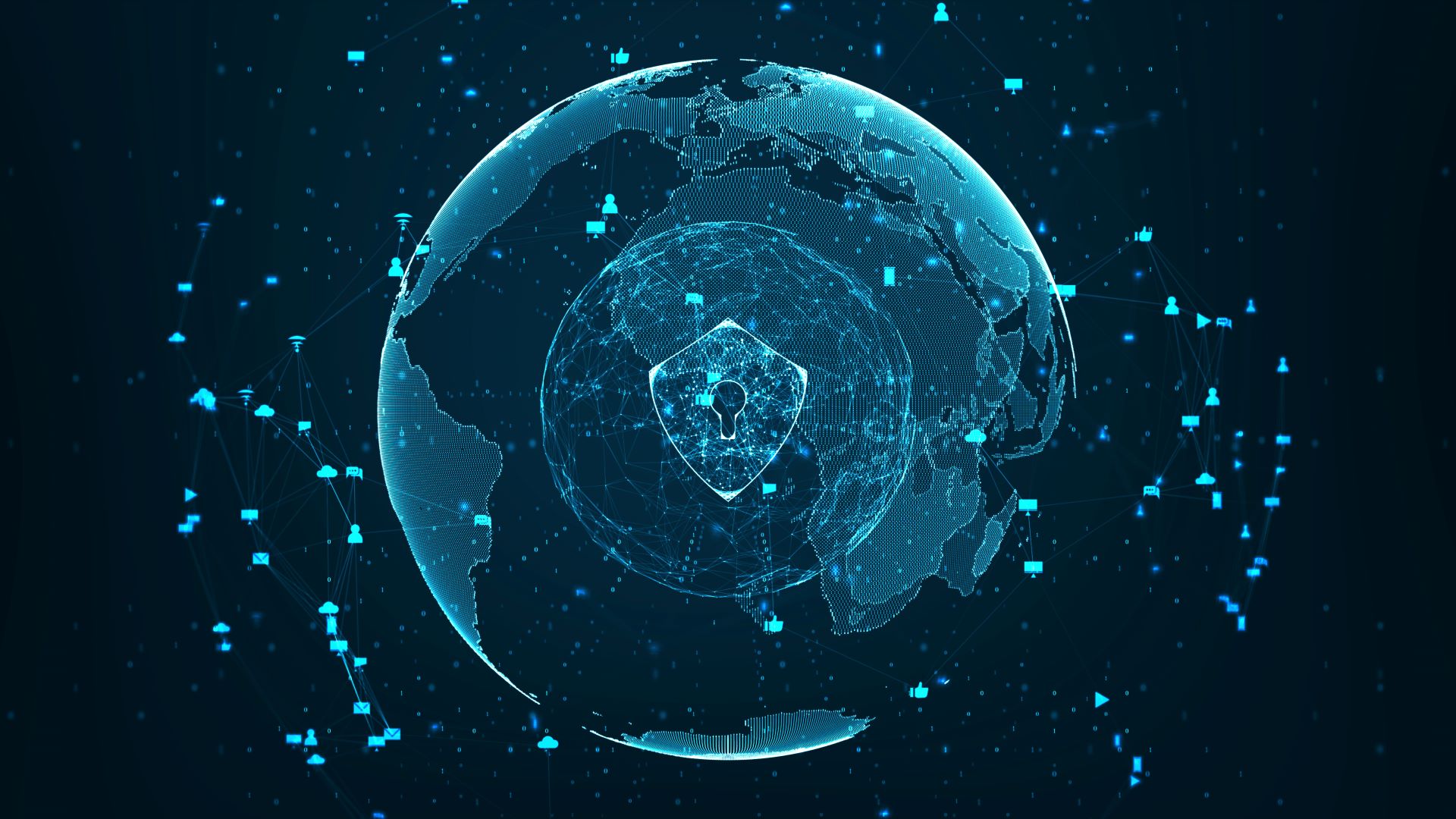The United Nations ditches Big Tech in a bid for security
UNICC has chosen Element to secure its communications

The United Nations has moved towards better privacy and security as it says goodbye to Big Tech apps for good.
Following a competitive selection process, the United Nations International Computing Centre (UNICC) has chosen UK-based encrypted messaging platform Element to secure all communications—from written emails and chats to audio, voice calls, and even video conferencing.
UNICC has been responsible for providing information and communication technology systems for all the United Nations organizations and programs for over 50 years. The switch to Element indicates that better privacy, security, and flexibility are increasingly important for organizations handling sensitive data.
Complete control of data
The Element Server Suite reportedly stood out above other apps as a secure end-to-end encrypted and digitally sovereign platform—two elements that IT leaders increasingly describe as top priorities.
While the concept of encryption (the process of scrambling data into an unreadable form to prevent unauthorized access) might be familiar to many, digital sovereignty refers to the actual ownership of data.
"The whole point of Element, and the Matrix protocol on which it’s built, is to give end-users complete ownership and control of their data," said Matthew Hodgson, CEO & Co-Founder at Element.
Hodgson explained that instead of blindly trusting a tech company to handle all its data correctly, UNICC has now a platform it can self-host, manage, and configure for its requirements within a few clicks.
Are you a pro? Subscribe to our newsletter
Sign up to the TechRadar Pro newsletter to get all the top news, opinion, features and guidance your business needs to succeed!
"The benefits of decentralization and federation to securely connect multiple servers and organizations are precisely relevant when thinking of the United Nations agencies' work," he said.
We've already mentioned how UNICC is the main partner for digital and cybersecurity solutions within the United Nations framework. It is then responsible for deciding the digital tools to employ across more than 90 partners and stakeholders.
From today, April 22, 2024, these organizations have replaced all their email and chat systems with the Element app. Alongside written communications, all VoIP (Voice over Internet Protocol) and video conferencing are now passing through the Element infrastructure.
Completely self-hosted by UNICC through an Element Enterprise subscription, the Element suite will also support a bunch of features ideal for corporate use, such as advanced identity and access control (including support for Single Sign On), auditing, and reporting.
As with all the Element apps, these are available for iOS, Android, and Desktop.
"We are excited to collaborate with Element to secure our communications with partners, replacing email, unsanctioned messaging apps, and insecure video chat," said Sameer Chauhan, UNICC Director. "Additionally, we expect this solution will serve as out-of-band support to facilitate our incident response and crisis management plans."
UNICC isn't the first organization to boost its communication infrastructure's privacy and security by switching from Big Tech to Element secure apps.
At the beginning of April, Sweden's public sector said goodbye to Big Tech, too, as the major telecom provider Tele2 unveiled its new secure online collaboration hub. Germany has also been working with Element to build a digitally sovereign and open-source solution called Open-Desk.
Commenting on the time about this push for alternative communication apps, Hodgson told me: "As a government, you simply don't want your data on a platform belonging to some vendor. On a day-to-day level, it means end-user organizations not being beholden to a big tech firm, locked into a proprietary platform."

Chiara is a multimedia journalist committed to covering stories to help promote the rights and denounce the abuses of the digital side of life – wherever cybersecurity, markets, and politics tangle up. She believes an open, uncensored, and private internet is a basic human need and wants to use her knowledge of VPNs to help readers take back control. She writes news, interviews, and analysis on data privacy, online censorship, digital rights, tech policies, and security software, with a special focus on VPNs, for TechRadar and TechRadar Pro. Got a story, tip-off, or something tech-interesting to say? Reach out to chiara.castro@futurenet.com